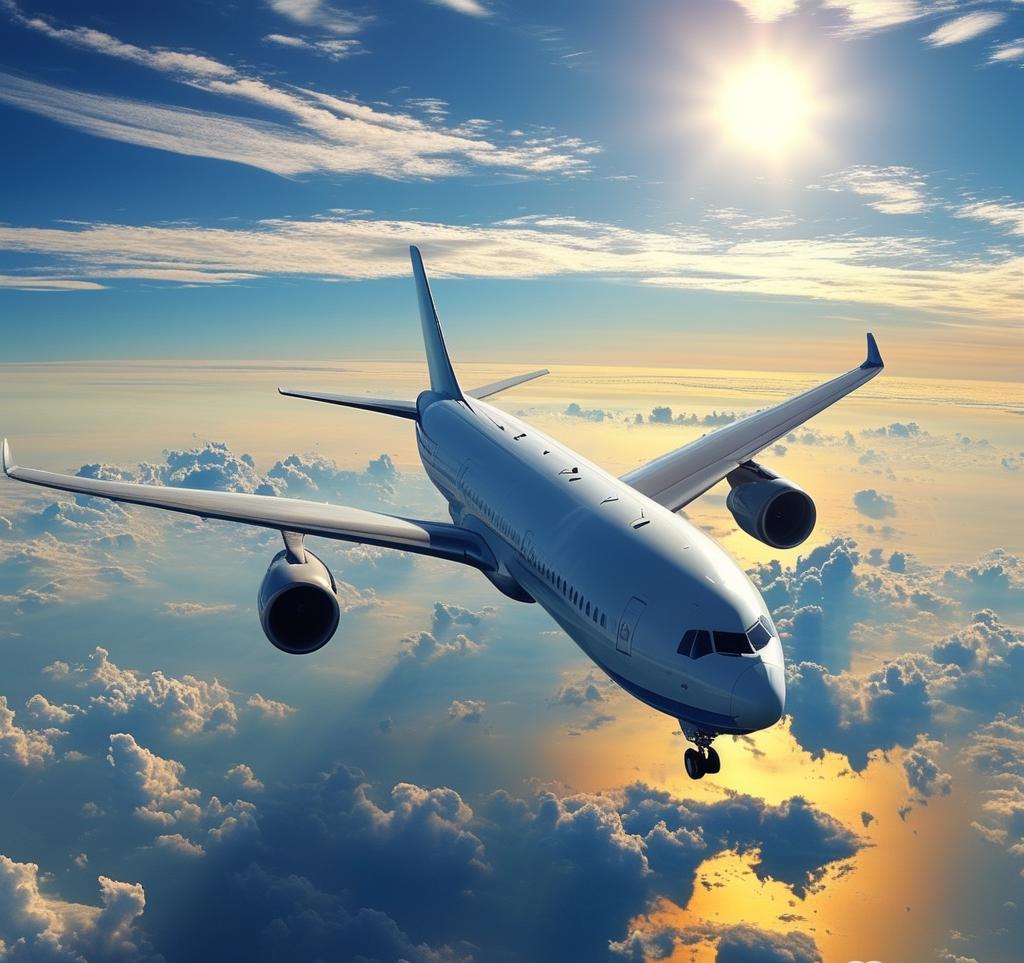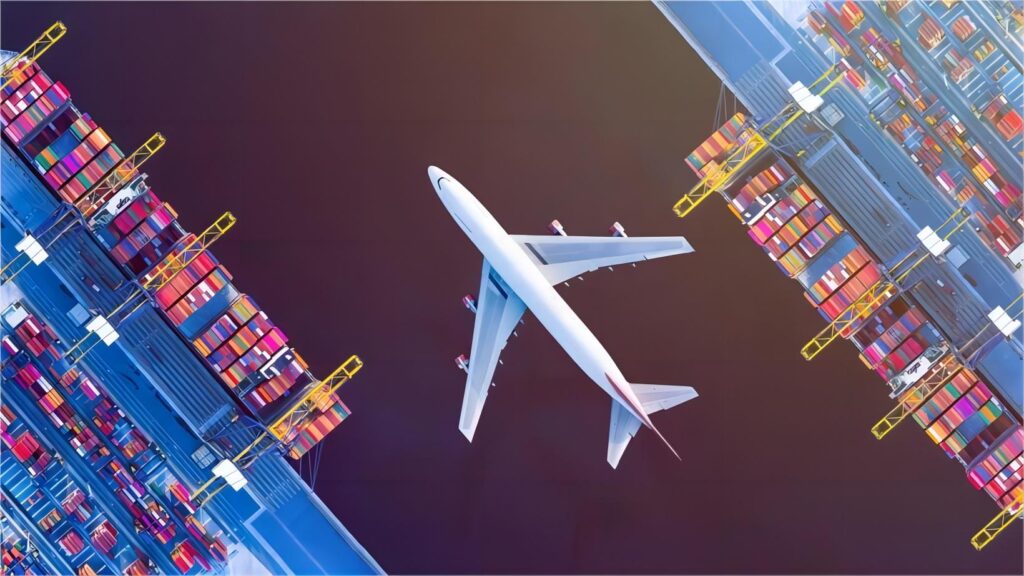When fast delivery matters, air freight from China to Europe is the top solution. It offers unmatched speed, reliability, and global coverage — ideal for time-sensitive cargo across all industries.
This guide covers transit time, cost breakdown, key airports, the shipping process, and more to help you decide if air shipping is right for your business.
1️⃣ Why Use Air Freight from China to Europe?
Air freight isn’t just about speed — it’s about supply chain efficiency. Here are some top reasons why air shipping is a smart logistics choice:
- Ultra-fast transit (as fast as 24–72 hours)
- Higher security and reduced risk of loss or damage
- Reliable schedules with multiple daily departures
- Direct and indirect routes to all major European destinations
- Suitable for perishable, fragile, or time-critical goods
Industries that rely heavily on air freight include electronics, medical supplies, fashion, e-commerce, aerospace, and automotive.

2️⃣ Main Airports for China-Europe Air Cargo
Understanding the major airport hubs helps you choose the best routing and pricing.
📍 Key Cargo Airports in China:
- Shanghai Pudong International (PVG) – busiest cargo airport in China
- Beijing Capital (PEK) – connects to Europe with multiple carriers
- Guangzhou Baiyun (CAN) – excellent for Southern China exports
- Shenzhen Bao’an (SZX) – ideal for electronics and tech shipments
- Zhengzhou (CGO) – a fast-growing air cargo hub linked with Europe
📍 Main Receiving Airports in Europe:
- Frankfurt (FRA) – Europe’s biggest air cargo gateway
- Amsterdam Schiphol (AMS) – major entry point for EU-wide distribution
- Paris Charles de Gaulle (CDG) – fast customs and wide cargo network
- London Heathrow (LHR) – important for UK trade post-Brexit
- Leipzig/Halle (LEJ) – a strong express logistics base (DHL hub)
Choosing the right airport combo helps reduce costs and improve delivery speed.
3️⃣ Transit Time for Air Freight from China to Europe
The biggest advantage of air freight is speed. Here’s a breakdown of average transit durations:
| Service Type | Estimated Transit Time | Use Case |
|---|---|---|
| Express Courier (DHL, UPS, FedEx) | 1–3 days | Documents, samples, e-commerce orders |
| Standard Air Freight | 3–7 days | Bulk cargo, commercial shipments |
| Consolidated/Economy Air | 5–10 days | Cost-sensitive, less urgent goods |
📌Note: Flight delays, customs checks, and cargo handling can affect delivery times.
4️⃣ How Much Does Air Freight Cost?
Air freight is charged based on chargeable weight, which is the higher of:
- Actual weight (kg)
- Volumetric weight:
(Length × Width × Height in cm) ÷ 6000
✈️ Sample Freight Rates (for 2025):Weight Range Rate (USD/kg) Notes 45–100 kg $4.50–$7.50 Standard air freight 100–300 kg $3.80–$6.00 Volume discounts apply 300+ kg $3.50–$5.50 Lower cost per kg for large cargo Express (up to 30 kg) $8.00–$12.00 Door-to-door, premium courier rates 💡 Tip: Add fuel surcharges, terminal handling fees, security charges, and customs taxes to your total cost.
5️⃣ What Can You Ship by Air Freight?
Air freight is ideal for:
- Electronics and mobile devices
- Fashion, footwear, luxury goods
- Pharmaceuticals and lab equipment
- Auto parts and machinery
- E-commerce orders
- Samples and prototypes
- Urgent business documents
However, there are restrictions. Dangerous goods, lithium batteries, and flammable materials may require special permits or cannot fly at all.
6️⃣ Step-by-Step: The Air Freight Process from China to Europe
Here’s what a typical air freight shipment involves:
- Quote Request – Send cargo details (weight, size, type)
- Booking – Confirm airline and route with your freight forwarder
- Pickup – Freight is collected or delivered to airport warehouse
- Export Clearance – Chinese customs documentation is handled
- Air Transport – Shipment is flown to Europe
- Import Clearance – Arrival documentation and EU customs clearance
- Final Delivery – Goods delivered to warehouse, fulfillment center, or end customer
A full-service forwarder can manage the process from EXW, FOB, DAP or even DDP.

7️⃣ Air vs Sea vs Rail Freight: Which Is Best?
| Criteria | Air Freight | Rail Freight | Sea Freight |
|---|---|---|---|
| Speed | 🟢1–7 days | 🟡15–20 days | 🔴30–45 days |
| Cost | High | Medium | Low |
| Reliability | Excellent | Good | Variable |
| Best for | Urgent, high-value | Mid-sized cargo | Heavy, non-urgent cargo |
Air freight is best when speed outweighs cost — perfect for high-demand or time-sensitive cargo.
8️⃣ Required Documents for Air Freight to Europe
You’ll typically need:
- Commercial Invoice
- Packing List
- Air Waybill (AWB)
- Import/Export Licenses (if applicable)
- Certificates (CE, MSDS, etc. depending on goods)
Missing or incorrect paperwork can lead to delays, fines, or cargo seizure, so always check requirements with your forwarder or broker.
Final Thoughts
Air freight from China to Europe gives your business the edge it needs in today’s fast-moving global market. It’s fast, secure, and increasingly flexible — especially for high-value, high-demand, or short-deadline goods.
Whether you’re launching a new product or restocking inventory, air cargo delivers the speed and confidence you need.
Request a Quote
Need a tailored solution for your shipping from China?
Let TJ China Freight Forwarder assist you with reliable, cost-effective service.
FAQ:
Q1.What is the minimum weight for air freight?
There’s no strict minimum, but smaller shipments may be more cost-effective with express couriers.
Q2.Is air freight door-to-door?
It can be! Express and DDP services include full delivery; standard air freight is airport-to-airport unless otherwise arranged.
Q3.Can I track my air cargo in real time?
Yes. Airlines and forwarders provide real-time tracking via the AWB number.
Q4.What’s the cheapest air freight method?
Consolidated or economy air freight — where your goods share space with others — offers lower per kg pricing.
Q5.Can I ship dangerous goods by air?
Yes, but only with correct IATA-compliant labeling and paperwork. Restrictions apply.
